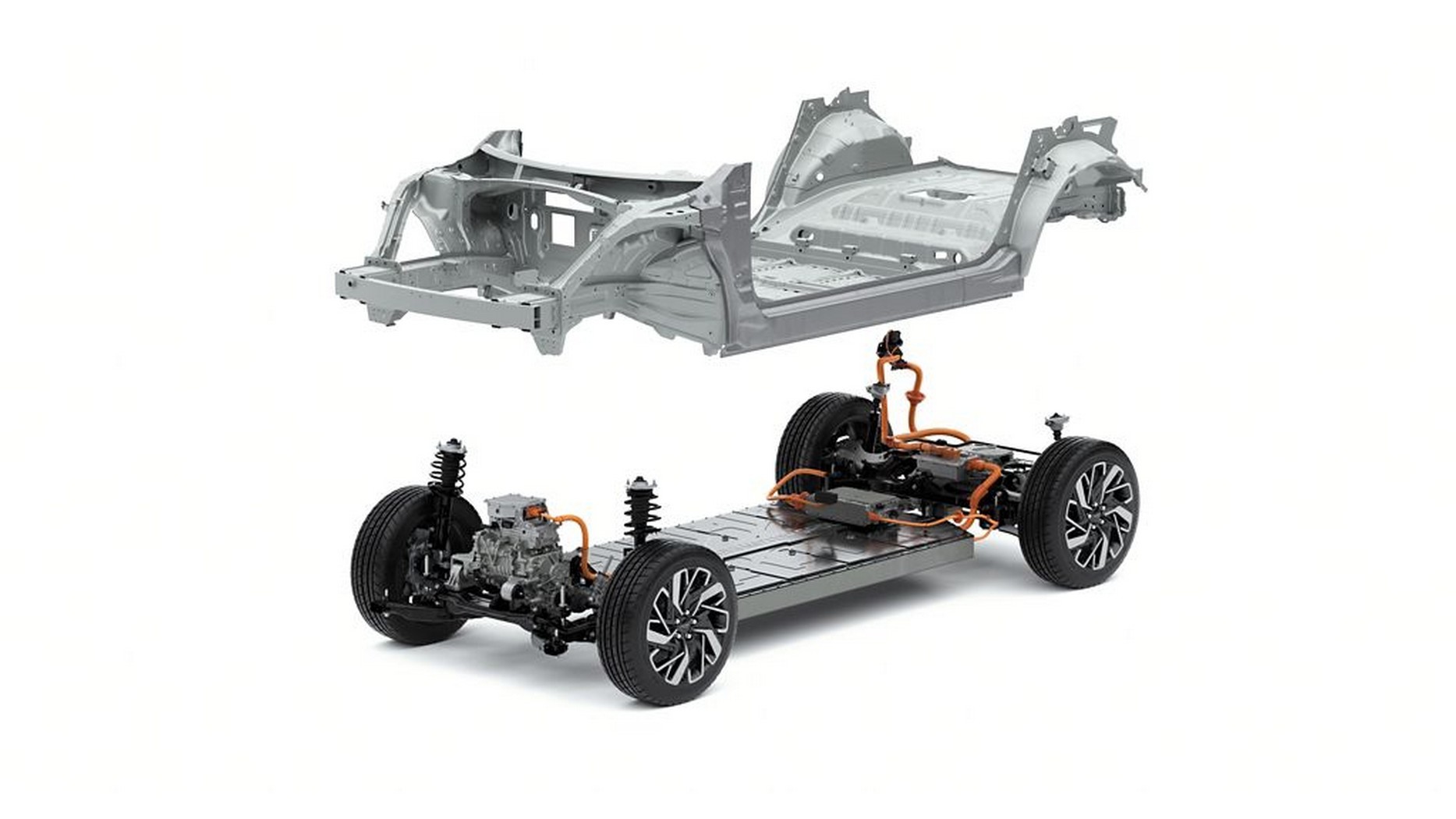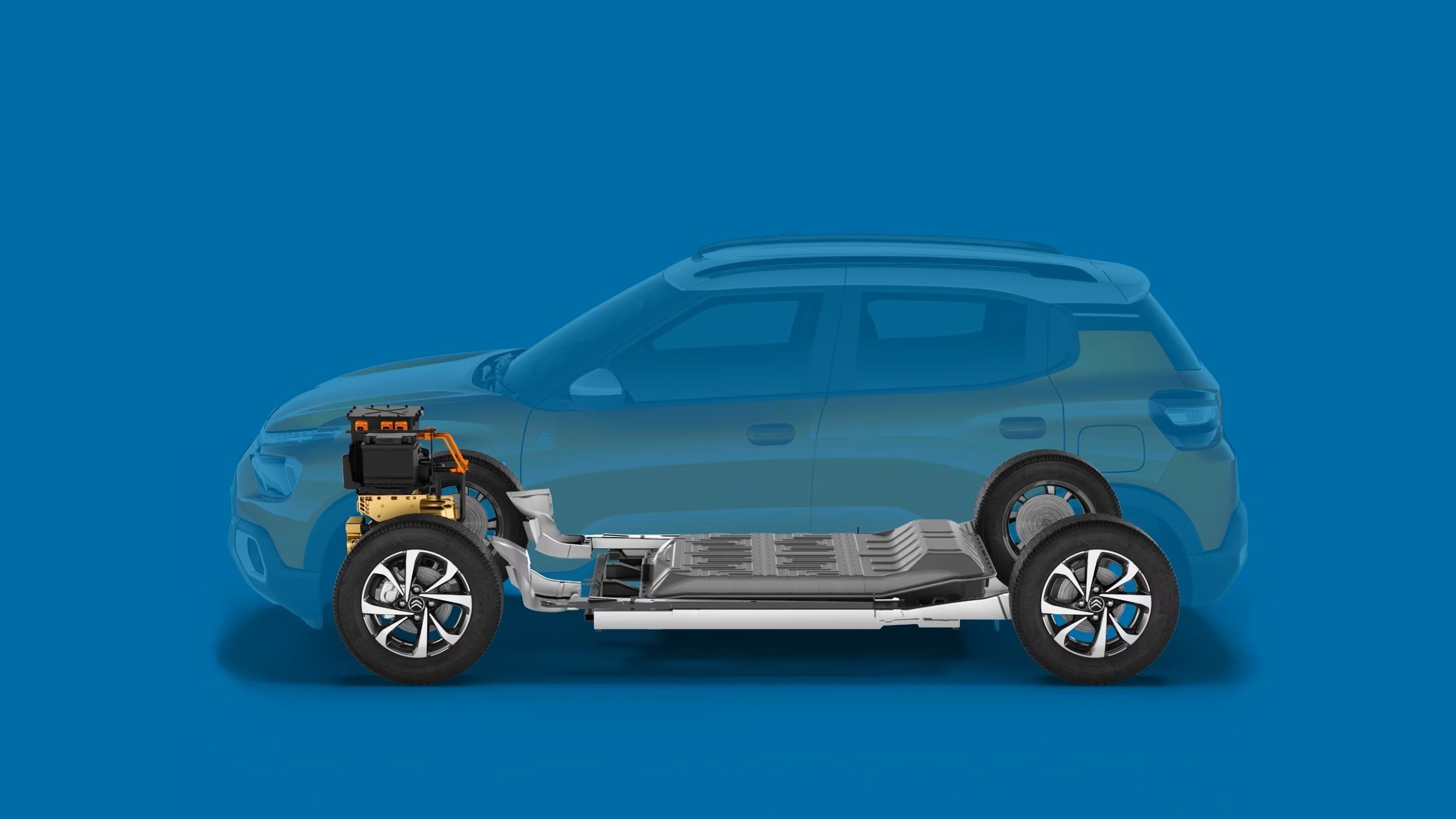Despite urban legends suggesting otherwise, electric vehicles (EVs) have proven their reliability, especially concerning battery longevity. Recent studies show rare instances of battery failures, particularly after improvements made by Tesla from the 2016 Model S onward.
Several factors contribute to EVs not yet being universally embraced over internal combustion engine (ICE) vehicles. Concerns such as higher initial cost, limited range, and charging times are valid. However, unfounded fears perpetuated by anti-EV narratives, like battery fires and premature battery failure, also influence perceptions.

Studies indicate EVs are less prone to fires compared to ICE vehicles. While concerns about battery replacement due to malfunction or wear persist, most EVs are still under manufacturer warranty, mitigating these worries. Advances in battery technology have significantly enhanced reliability since the early days of EVs.
Early Tesla Model S vehicles experienced battery failures, notably due to issues with specific cells. However, Tesla addressed these problems, leading to a significant reduction in battery replacement incidents. The majority of replacements now occur within warranty coverage.
Battery recalls have caused spikes in replacement rates, particularly notable in models like the Chevrolet Bolt EV and the Hyundai Kona EV. Despite these challenges, EV battery reliability has significantly improved over time.

